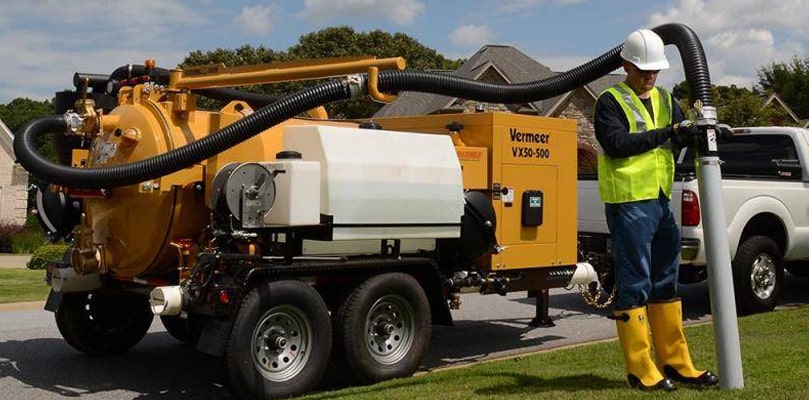The system works by sucking up dirt through a hose into a vacuum-type truck. The truck then contains buckets that can hold several tons of land, which are then deposited into dump trucks or backhoes to haul off for disposal. This differs from conventional excavation methods in that it doesn’t require any heavy machinery to excavate, hence soft dig. Instead, workers use shovels and other hand tools to break up rock or other rigid materials before sucking them away. It can be slower than conventional excavation techniques—with larger areas needing more equipment—but it’s also much gentler on infrastructure and less disruptive for nearby homes and businesses. The type of project typically dictates whether your contractor will use soft dig or not. The technique has many benefits but might not be suitable for all projects; check with your contractor to see if they offer these services, so you know what you’re getting when you hire them.
One of my favorite parts about soft digging is that it causes minor damage to your site. Since you aren’t pulling up large chunks of earth with a machine, there’s much less impact on surrounding surfaces. This means that when you go back to fill in your holes, you don’t have to worry as much about structural problems or how unevenly things settle, and any post-excavation repairs will be easier and more cost-effective. I also like soft diggers because they offer additional functions beyond excavation. Since they can vacuum or scrape away layers without damaging them (or creating new ones), they can effectively prevent water and vermin infestation. Soft diggers are therefore an excellent choice for sites that require the treatment of bacteria or mold. At the end of the job, further preservation may include filling holes with clean materials such as sand or gravel. You can read more about post-excavation repair here.
By using air pressure inside their hoses, vacuums remove contaminated soil from excavated areas safely & efficiently. This reduces contaminated material sent to landfills & saves money by reducing disposal costs
Soft digging, or vacuum excavation, has several advantages over traditional excavating techniques. Construction and mining industries tend to use soft digging machines because they’re helpful in unstable and sandy terrain. As a result, these industries can quickly lay fiber-optic cables, set power lines, and uncover underground pipes without much trouble. Because of its popularity in construction and mining industries, it’s not surprising that vacuum excavation equipment is commonly found in large cities such as Chicago and Los Angeles. Another industry that relies on soft digging is archaeology: Archeologists often use vacuum excavation equipment to unearth ancient relics in Egypt and China. Soft digging gives archaeologists a safe alternative to machinery that can damage historical artifacts or harm delicate archaeological sites during traditional excavations. Finally, sewer systems companies also rely on soft digging equipment to clear roots from sewer lines and prevent sewage from backing up into homes. In New York City alone, nearly 2 billion gallons of sewage flood into streets each year due to blocked sewer systems or clogged storm drains. Fortunately, using vacuum excavation equipment helps reduce instances of flood damage by exposing difficult areas to direct sunlight where microbes consume excess water until none remains visible.



